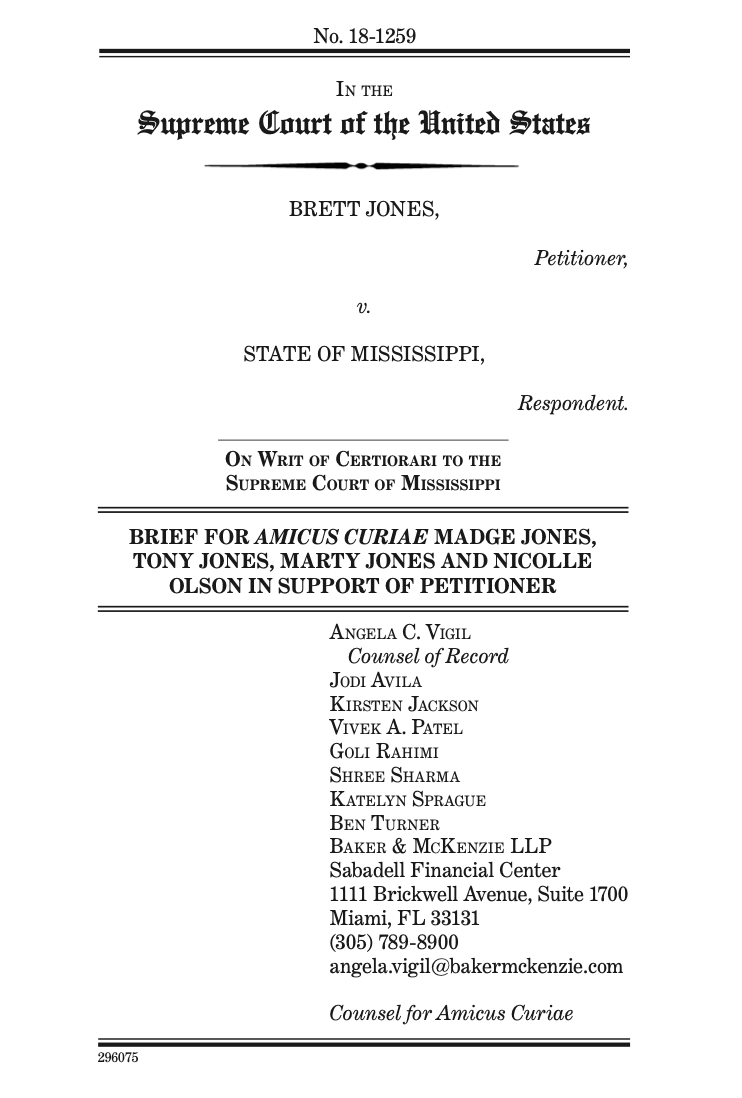
Summary of Argument
Amici embrace the rule set forth in Miller v. Alabama, 567 U.S. 460 (2012), and Montgomery v. Louisiana, 136 S. Ct. 718 (2016): life without the possibility of parole (“life without parole”) is an unconstitutional penalty for youth offenders whose crimes reflect transient immaturity; only those incapable of positive change—those who are irreparably corrupt—may be sentenced to life without parole.4 Amici are of the view that the sentencer must make a determination of irreparable corruption prior to sentencing a child to life in prison without parole. Amici also believe the determination of irreparable corruption should be transparent. A finding, without an articulated basis, that a child is permanently incorrigible and beyond rehabilitation can lead some victims to feel confused about the judgment and unable to find closure.
As victims of homicide crimes committed by youth, Amici implore the sentencing authority to consider the evidence and make a transparent determination that a child is irreparably corrupt before sentencing a child to die in prison.